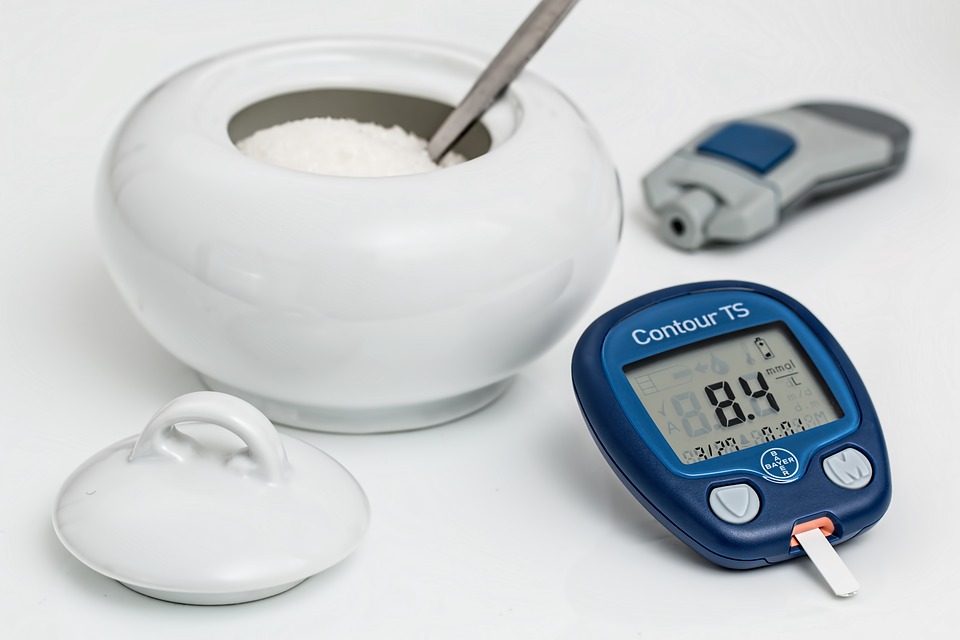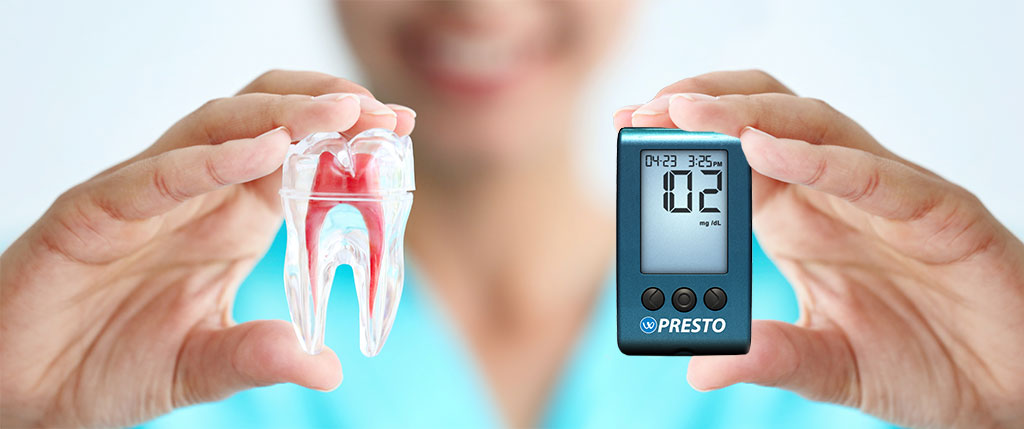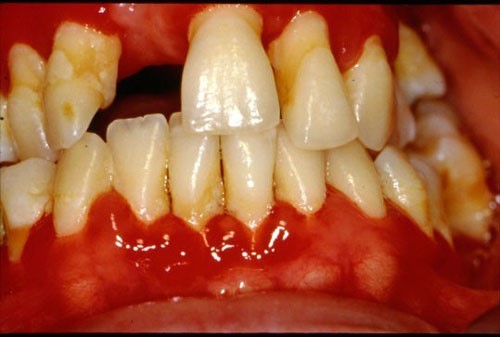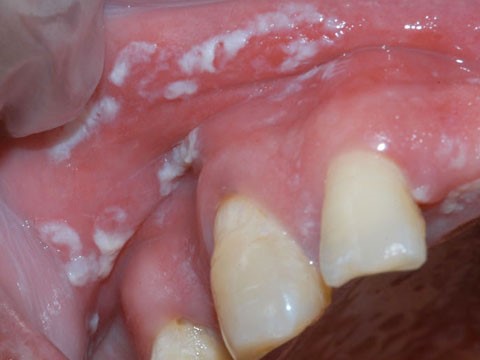SHARES

Did you know that more than 12 million adults in Southeast Asia do not know that they have diabetes? This disease is a growing epidemic, affecting more than 25 million Southeast Asians today. High blood glucose in diabetes can affect the whole body adversely. In particular, the eyes, nerves, heart, kidneys and other parts of the body including your oral cavity or your mouth.
Yes, the oral cavity! You may wonder, what does diabetes have to do with the smile of yours? Read on to understand more about diabetes and oral health:
How does diabetes affect my mouth?
Image source
High blood glucose level can affect your teeth, gums and oral tissues such as the tongue and oral mucosa. When diabetes is uncontrolled, high glucose levels can cause harmful bacteria in the oral cavity to grow. These bacteria combined with food can form plaque, which is a soft, sticky film that adheres to teeth and gums. Presence of plaque over time leads to formation of tartar, which can cause problems such as gum diseases. Diabetic people are 3 to 4 times more likely to develop gum diseases.
Type 2 diabetes often go unnoticed, recognise the symptoms early
Undiagnosed or untreated diabetes especially type 2 can go unnoticed for a long time. It is important to be aware of the symptoms to get proper management. Some of these are:
- Excessive thirst
- Frequent urination
- Fatigue
- Blurry vision
- Poor wound healing
Can Diabetes cause mouth problems?
Research has shown that diabetes and oral health affect each other both ways, most likely due to the high blood sugar level. Uncontrolled diabetes affects white blood cells, which are the body’s main defence mechanism against bacterial infections in the oral cavity. On the other hand, oral diseases especially periodontal problems have also been shown to affect glycaemic control.
Diabetes and your mouth, how does it affect you?
Diabetic people are more prone to certain oral health problems, such as:
- Gingivitis
Gingivitis is gum inflammation which can lead to red, swollen and bleeding gums. If not treated or managed, gingivitis can progress into periodontitis.
Image source
- Periodontitis
Periodontitis is a more severe form of gum disease. Besides gum inflammation, there is loss of bone which supports the teeth, causing teeth to become loose or moving away from one another. Periodontal disease has been shown to affect nearly 22% of people with diabetes.
- Oral candidiasis
It is also commonly known as oral thrush, which is the growth of a natural fungus that the body is unable to control. The fungus thrives on high glucose levels in the saliva. Oral thrush appears as white or red patches on the gums, tongue or the roof of the mouth. These patches can be sore overtime.
Image source
- Xerostomia
Known commonly as dry mouth, which is due to lack of saliva in the mouth. This condition increases the risk for tooth decay and gum disease. Some common signs and symptoms besides dry feeling in the mouth include rough tongue, pain in mouth, cracked lips, problems eating, swallowing or talking.
- Sore or ulcer which does not heal
Poorly controlled diabetes can lead to poor wound healing due to weaker immune system. Thus, if there is any wound or ulcer in the mouth it may take longer time to heal.
Healthy Mouth Tips for Diabetics
If you are diabetic, you should take dental care seriously to prevent any unwanted damage to your teeth and gums. First and foremost, you must be committed to manage your diabetes such as monitoring your blood sugar level within your target range. Besides following the proper oral hygiene routines, visit the dentist regularly at least twice a year to maintain good oral health. It is also essential to avoid smoking as smoking increases the risk of serious diabetes complications.
If you need to consult a Dental Surgeon: call, send an enquiry or book an appointment on GetDoc.
Find a Dental Surgeon in Malaysia, on GetDoc
Find a Dental Surgeon in Singapore, on GetDoc
Tags
by Soh May Leng
Born and raised in Malaysia, May Leng obtained her Bachelor of Dental Surgery from the University of Otago, New Zealand. She has joined the GetDoc team to relay valuable health information to the public. Staying active plays a big part in her daily life especially through outdoor sports such as running and swimming. She also enjoys travelling and has a passion for photography. View all articles by Soh May Leng.








